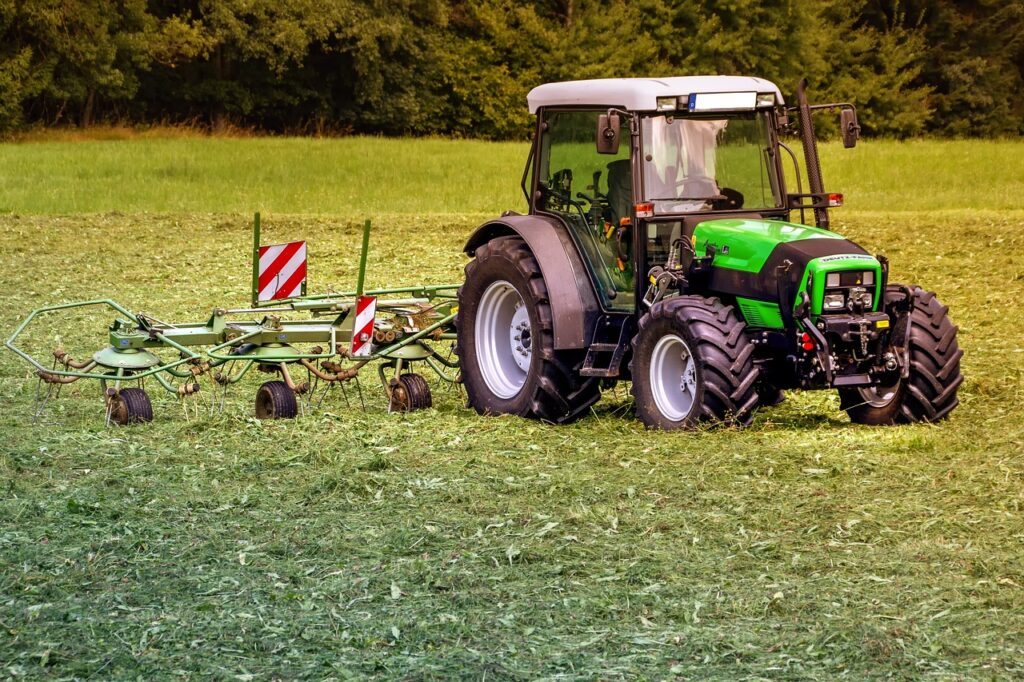Why Farming Is A Dying Profession In The United States
The United States has a huge problem. Farming is becoming a dying professions with fewer and fewer young farmers every year.
This article is more than 2 years old

The American farming community has come under watchful eyes over the last few years. Thanks to supply chain trouble and the news about rising fertilizer costs, many are getting concerned over the state of our food production system. But there is something even more problematic, a lack of future farmers.
We do not have enough young producers entering into farming as a profession, which is very bad news. According to the last census data collected via the Census of Agriculture, only 1 in 4 farmers was beginning farmers. When you look at the total number of young farmers overall, it is even more shocking. Out of 3.4 million producers in the US, only 121,754 of them are under the age of 35. As for the rest of the producers? Their average age is now pushing close to 60 years old.
There are a few underlying causes for this age disparity in the farming community. But topping that list is a lack of land access and the ability to purchase that land. Due to the significant barriers to entering farming, many from the younger generation who are eager to farm choose not to.
The lower number of younger folks entering farming comes at a poor time. Overall, farms are seeing steadily rising demand for their products. Part of the reason is due to the pandemic-induced supply chain disruptions. With news that grocery stores were running out of produce, many turned to local farmers. It resulted in generating increased interest in locally produced food. And despite some easing on the national and global supply chains, that demand has not waned.
Land access is not the only problem plaguing young farmers. They also face mounds of government paperwork. The USDA has many great farming-related programs, including avenues to get federal loans. But those programs are often buried or suddenly disappear without notice. Those that stick around long enough have lengthy application processes that are difficult to understand.
According to a USDA representative, new and seasoned farmers fill out identical applications. But the problem is that they can get so complicated that new producers either do not fill them out or do not end up qualifying for available loans for farming. So even when they can find land to farm, affording to purchase it is out of the question.
All these issues create a concerning scenario for overall food production. As the current farming generation begins retiring, who will be there to step into the supply vacuum? This question is leading many to pressure Congress to take action.
Thankfully, they have the opportunity to do so very soon. Every five years, Congress renegotiates the farm bill. And every time they do, programs and assistance targeting young producers interested in farming fall off their radar. This time, advocates are fighting back.
Many farming groups are making their voices heard about the upcoming 2023 Farm Bill. The Young Farmers Coalition is a vocal proponent of specific inclusions in the upcoming farm bill. They request that Congress finally address issues around land access and the problems inherent in existing USDA programs.
Others testified about similar concerns before a House Agricultural Committee hearing in July. However, some individuals and organizations don’t want to wait for Congress to act. They have begun programs designed to teach eager young producers everything they need to know about farming.



